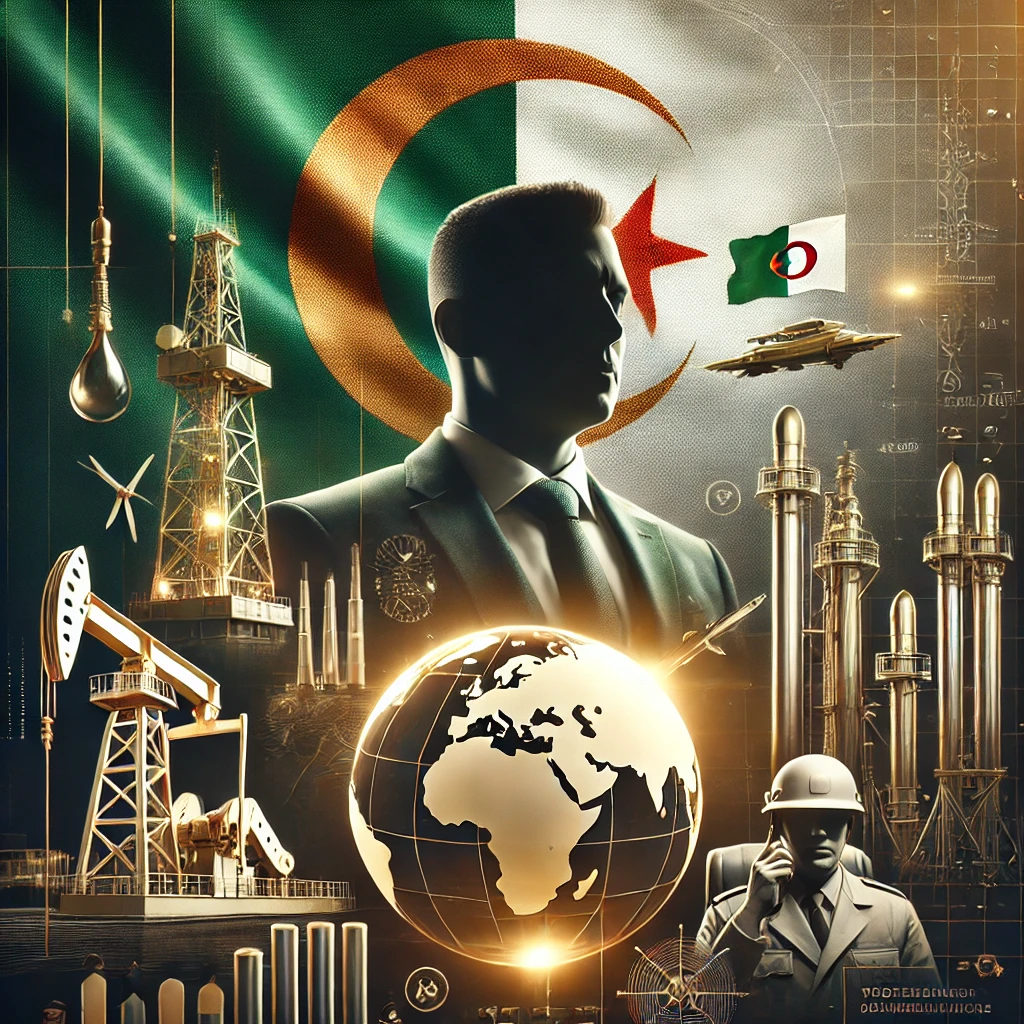Algeria’s Role in Regional Alliances and Diplomacy: A Strategic Balancing Act
Algeria stands as one of the most geopolitically significant nations in North Africa, yet its role in regional alliances and diplomacy is often underappreciated. As a country rich in natural resources, with a history of non-alignment and a firm stance on sovereignty, Algeria maneuvers through an increasingly complex diplomatic landscape with calculated precision.
Algeria as a Pivot Country in a Changing Global Order
In the emerging multipolar world order, Algeria is increasingly recognized as a pivot country—a state with the capacity to influence multiple geopolitical spheres while maintaining autonomy. It balances relations between global powers, leveraging its strategic location, energy resources, and diplomatic weight to maintain regional stability.
Algeria’s non-alignment strategy gives it flexibility in international politics, allowing it to engage with diverse partners, from Russia and China to European nations and African allies. This positioning enables Algeria to navigate shifting global alliances without becoming overly dependent on any single power bloc.
The Non-Aligned Legacy and Regional Strategy
Algeria has long maintained a policy of non-alignment, rooted in its fight for independence from France. This legacy influences its modern diplomatic approach, favoring strategic autonomy over strict allegiance to any power bloc. Unlike Morocco, which has embraced Western alliances, Algeria often distances itself from foreign interference, instead fostering relationships that serve its regional interests.
Algeria as a Regional Power: Energy and Security Influence
One of Algeria’s greatest assets is its energy sector. As one of the largest natural gas producers in Africa and a key supplier to Europe, Algeria holds significant leverage in global energy markets. In the wake of shifting energy demands and geopolitical crises, Algeria has positioned itself as a reliable supplier, using energy exports as both an economic tool and a diplomatic instrument.
Additionally, Algeria’s military and intelligence capabilities make it a key security player in North Africa and the Sahel region. The country boasts one of Africa’s most powerful militaries, investing heavily in defense technology and counterterrorism operations. Its intelligence services are instrumental in combating extremist groups, smuggling networks, and organized crime, reinforcing Algeria’s influence as a stabilizing force in an otherwise volatile region.
The Maghreb and African Diplomacy
Algeria’s relations with its Maghreb neighbors remain tense, particularly with Morocco. The two nations are locked in a deep-seated rivalry, primarily over the Western Sahara dispute. Algeria’s firm support for the Polisario Front is a key point of contention, blocking efforts at regional integration through the Arab Maghreb Union (UMA). Yet, Algeria maintains strong diplomatic ties with Tunisia and Libya, positioning itself as a stabilizing force in North Africa.
Beyond the Maghreb, Algeria plays a growing role in African diplomacy. It is an active member of the African Union (AU) and has taken part in peace mediation efforts, notably in Mali. Its influence in the Sahel is significant, largely due to its military strength and intelligence operations aimed at curbing terrorism and illicit trafficking.
Relations with Global Powers in a Multipolar World
Algeria treads carefully when engaging with global superpowers. Its historical ties with Russia remain strong, evidenced by continued military cooperation and arms purchases. However, Algeria also maintains pragmatic relations with China, benefiting from Beijing’s investments in infrastructure and energy projects.
As the world shifts towards a multipolar system, Algeria has the opportunity to assert itself as a key regional actor. Its ability to navigate between different power blocs—engaging with Russia, China, the EU, and African allies—ensures that it remains influential in global affairs.
Relations with the West, particularly France and the United States, are more complicated. Algeria’s leadership remains wary of Western interference, especially regarding internal governance and military policy. While trade with Europe remains crucial, Algeria does not shy away from leveraging its gas exports as a geopolitical tool, particularly amid shifting European energy needs.
Challenges and the Road Ahead
Despite its diplomatic maneuvering, Algeria faces significant challenges. Economic reliance on hydrocarbons limits its geopolitical leverage, while internal political stagnation raises concerns about future stability. Additionally, its rigid foreign policy stance sometimes isolates it from potential economic and security partnerships.
Nevertheless, Algeria’s diplomatic approach remains calculated and deeply rooted in its historical principles. As a pivot country in a multipolar world, its decisions will shape regional stability, energy security, and North Africa’s place in global politics. Whether it chooses to integrate more closely with global alliances or double down on its non-aligned strategy will define its regional and international influence in the years to come.





